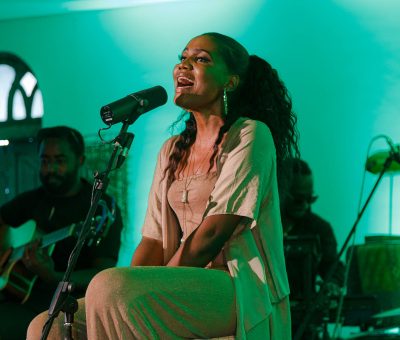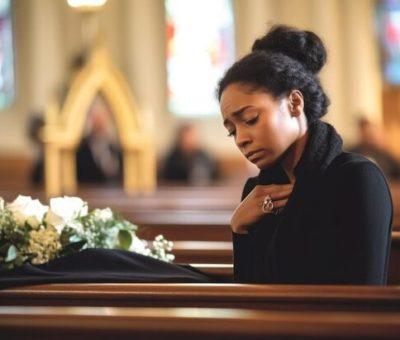Namulondo overcame shyness to perfect the art of traditional dancing
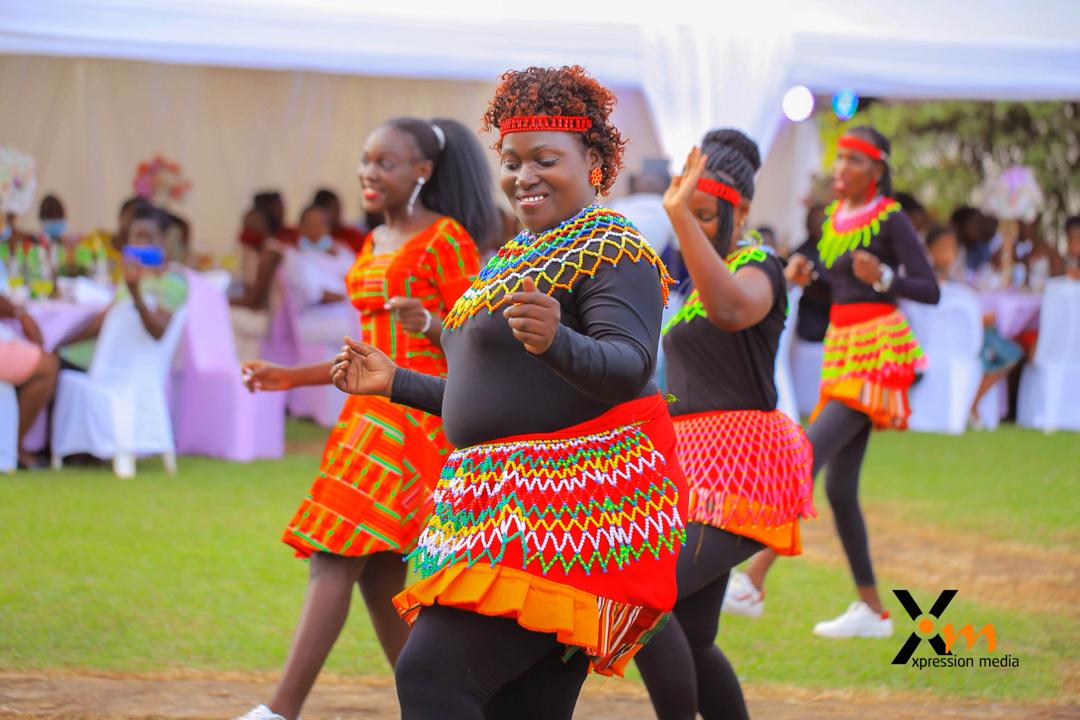
Even before the invention of Television, people found different ways of entertainment. For example, in the Roman Empire, slaves fought with animals or teams presented their best chariot rider. Although it has taken on different forms, this is still a big part of our lives.
Debbie Namulondo is a big part of this industry as a performing artiste, specialising in dance and has been at it since Primary five. Namulondo grew up singing hymns with her mother every day but as she was too shy to join them, she would often just watch other choirs perform. In Primary five, she gained the courage and from then on, until she sat for her Senior six exams, she was part of a choir.
“In Primary five while at St. Aloysius Mitala Maria, we performed at Church Hall where priests and parents gave me Shs3,000; a lot of money in 1991. I was thrilled and promised myself to keep dancing so that whenever we performed, I would get a tip. In P6 and 7, I joined the school choir, in a single sex school where we learnt to play all African instruments and were always the best from zone to district level,” she reminisces.
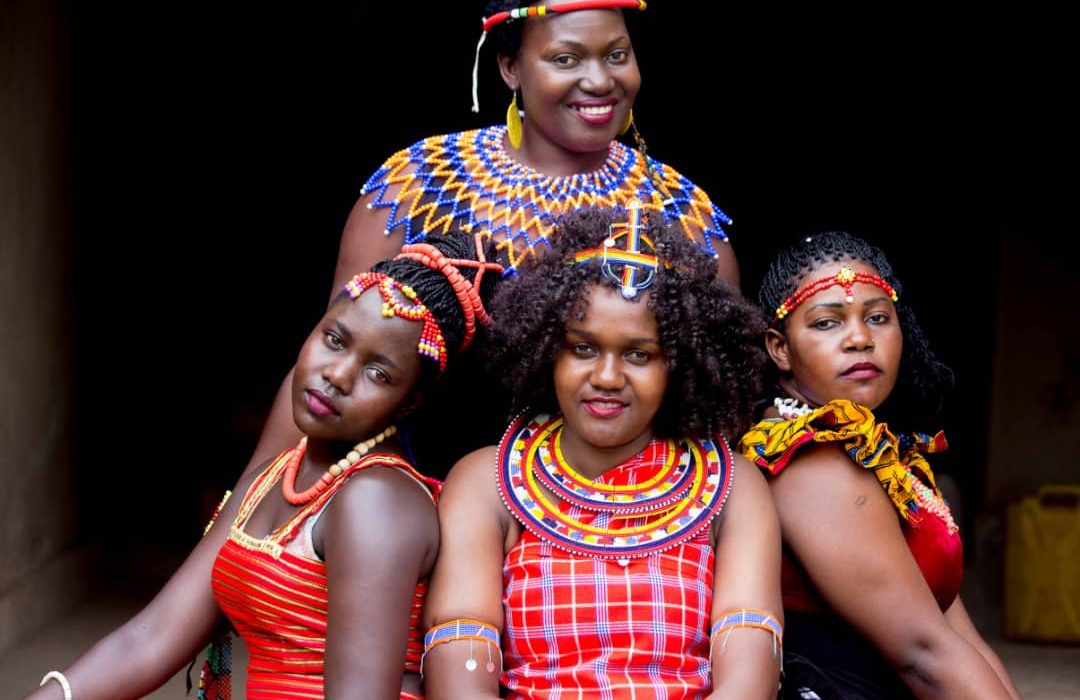
When she later joined St John Bosco Kamuli SSS, Namulondo was introduced to house competitions and being a good dancer made her enjoy Music, Dance and Drama (MDD) immensely. In Senior 3, she joined Namasagali College where MDD was on another level right from the costumes, to the dances that were more varied and interesting, coupled with compulsory training every day of the week. With such engagement, Namulondo’s university course and career path was in sight.
In the meantime, during her vacation, she visited her brother who was undertaking a diploma in MDD at Makerere University. During one of those visits, Namulondo found students drumming Tamenha ibuga (kisoga dance) and being a Musoga, her attention was captured thus joining the dancers. With unique dance moves, she caught the attention of the student leader who asked her to join them for rehearsals for a show that was to take place at Munyonyo. That was in 2001 and performing with Makerere University students was memorable, coupled with also being paid.
Moreover, her other brother was an actor at the National Theatre with a trending group, Teamline, whose plays she always went to watch. Back to the MDD department, whenever they had shows, Namulondo would be invited as a special Tamenha ibuga dancer. During one of these trainings a lecturer, Steven Bwoye, asked her about her future plans. “I replied, “Nothing. I finished Senior Six but Daddy has no money for higher education, so I am looking for a job.” He introduced me to mature age entry and got me another student assistant lecturer; Michael Nsibambi to train me for exams,” she says with gratitude. Learning several dances such as Runyege, Magunju, Laraka-raka, Ekitaguriro, Naleyo, and Mbaga the first time she sat for mature age entry, her scores were so high (in 90s) that many thought she was cheating. “Thankfully, the next year; August 2002, I joined Makerere University on government sponsorship.”
In 2003, when Nsibambi thought of creating a cultural troupe, he invited Namulondo to train his young children the Tamenha ibuga but also asked her if she could stay and perform with them. That was the birth of Afrique cultural troupe where she had a lot of fun as she was doing what she loves besides being young, passionate and energetic.
“It also helped me learn how to instruct different dances and later, Nsibambi introduced me to different schools. Here, I would train students for in house competitions and would earn between 50,000 to 150,000 shillings, depending on the school’s standard. This greatly improved my dancing skills as well as my self-confidence,” she says.
The best production with Afrique was at National Theatre and called African Opera which details Kony’s atrocities, this earned them coverage in the newspapers, and on TV.
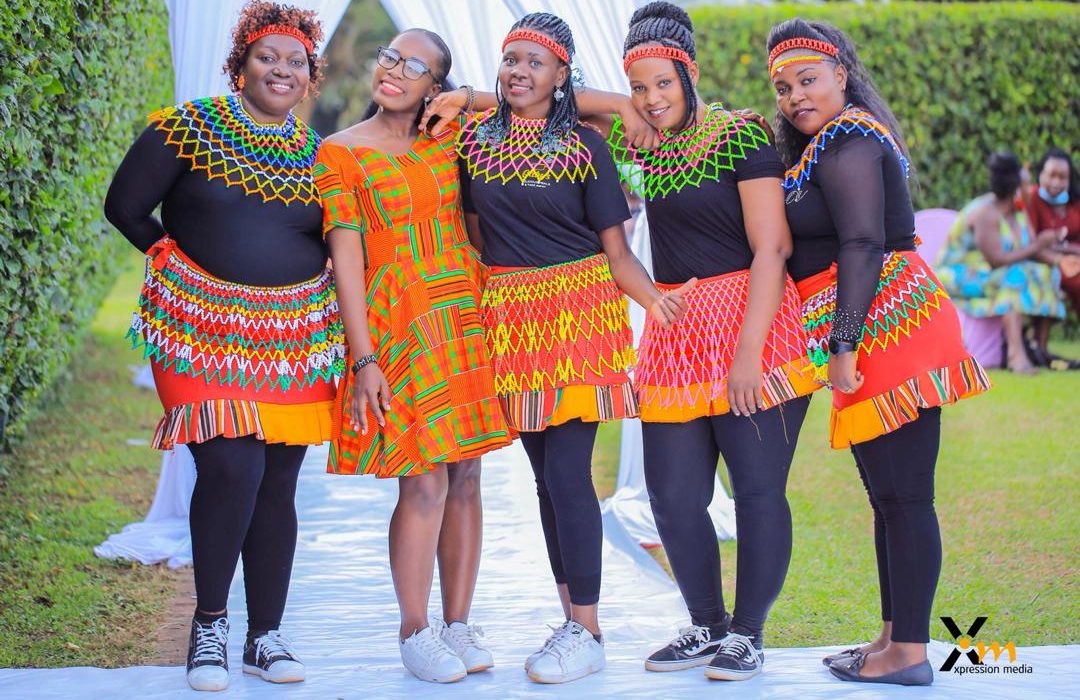
However, this journey came to a halt because Namulondo needed more money to take care of her growing family of two children. That saw her join Percussion Discussion, a group she had yearned to join from the time she had gone to watch them with her fiancé. “I liked the way the girls backed up and later crowned it with a dance. In 2008, my dream came to pass after acing an interview that saw me land the dance team leader role.”
With the group, her audience changed, from mostly black with Afrique to more whites, not forgetting performing at more venues such as Munyonyo, Serena, Africana and Sheraton Hotels. She also got a chance to perform at the Bayimba festival, Sauti za Busara, Hip-hop festival sponsored by British Council, Blind deaf dumb function at Munyonyo, CHOGM and Hash Africa. However, her best event was when she got a chance to perform with Shaggy – her best artist, at cricket oval. However, despite all the glam, Namulondo left in 2014 after the shows reduced from being weekly to monthly.
The next stopover was teaching, but since MDD is a calling, in 2016 she joined Uganda National Contemporary Ballet (UNCB) led by Valerie Migel, still based at the theatre. They had a show on a monthly basis and some of the productions included Colour of Life, Child Soldier, Florescent Production, The Bench, and Black or White. However, unfortunately her stay was cut short when the choreographer got another job in Ghana leading to the disbanding of the group because there was no more growth. “I returned to teaching until schools were closed due to Covid 19.”
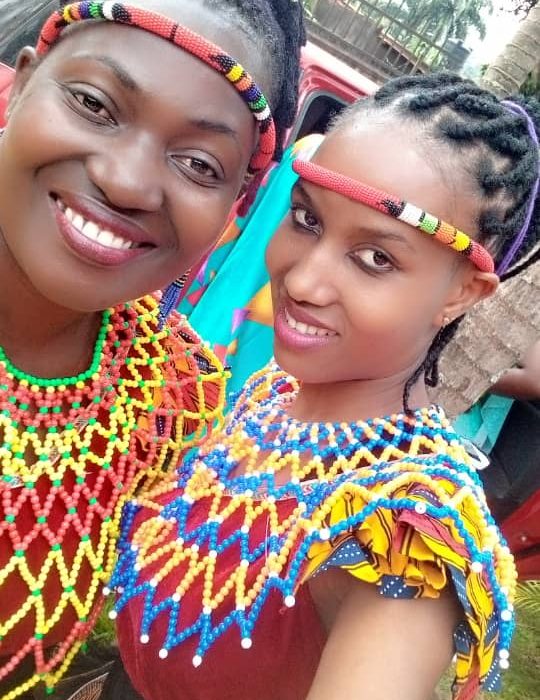
As an MDD instructor, Namulondo has trained at different schools such as Kissyfur International Pre-School, Kampala Junior School, Seeta Junior Mukono, Namirembe Junior School, Happy Years, Buloba as, Namukozi Mityana, Uganda Martyrs Rubaga, Better view, Vienna International School, and YMCA Wandegeya. She has also adjudicated at different schools around Kampala, Mukono, Jinja, and Masaka.
Namulondo also formed a dance group – Youths of Africa dance (YOA) who perform at weddings, introductions, and end of year dinner parties. However, the pandemic has affected business as most functions have become more low-key due to social distancing measures.





